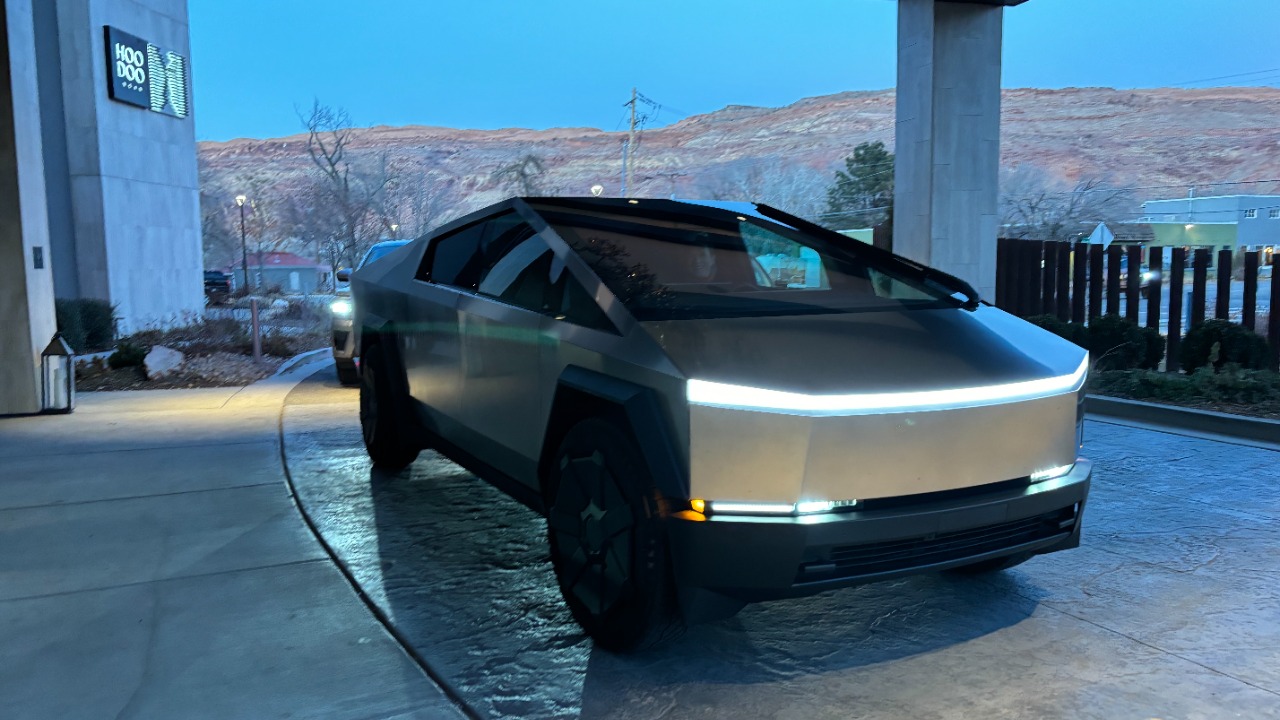
For truck enthusiasts, modifying a vehicle is often a rite of passage. However, with advancements in technology and design, some trucks present significant challenges for customization. Here are eight trucks that are notoriously difficult to modify, often leaving even the most skilled mechanics scratching their heads.
Ford F-150 Lightning

The Ford F-150 Lightning is a marvel of modern engineering, boasting an all-electric powertrain and advanced software systems. The complexity of its electrical setup makes it challenging for aftermarket modifications. Many enthusiasts find that altering the truck’s systems can lead to compatibility issues or void warranties. Its design is optimized for efficiency and performance, leaving little room for customization.
While some may attempt to tweak the exterior, the integration of its advanced features makes internal modifications daunting. The intricate balance of software and hardware in the F-150 Lightning requires specialized knowledge, often deterring DIY enthusiasts.
Tesla Cybertruck

The futuristic design of the Tesla Cybertruck is a head-turner, but its unique exoskeleton and unconventional shape make modifications nearly impossible. The stainless steel body is not only hard to work with but also limits traditional customization options. Additionally, Tesla’s proprietary software and hardware configurations discourage alterations.
Those looking to modify the Cybertruck face hurdles due to its integrated systems. The vehicle’s design focuses on functionality and efficiency, leaving minimal room for personalization without risking performance or safety.
Rivian R1T
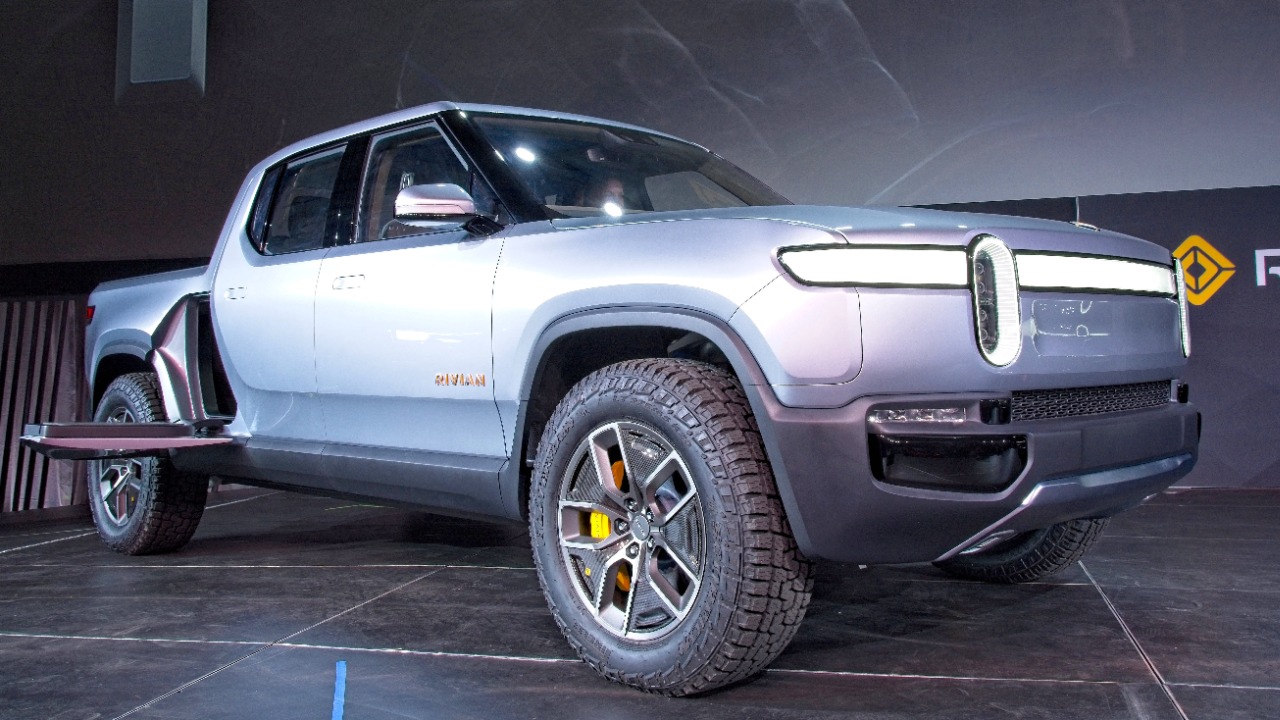
The Rivian R1T is known for its off-road capabilities and innovative features, but this comes at the cost of modification potential. The truck’s integrated gear tunnel and electrical components are designed with specific functionalities in mind, and altering these can disrupt the vehicle’s balance.
Rivian’s emphasis on sustainability and technology means that even minor adjustments can lead to unexpected consequences. The proprietary nature of many of its parts makes finding compatible aftermarket components a significant challenge.
Hummer EV
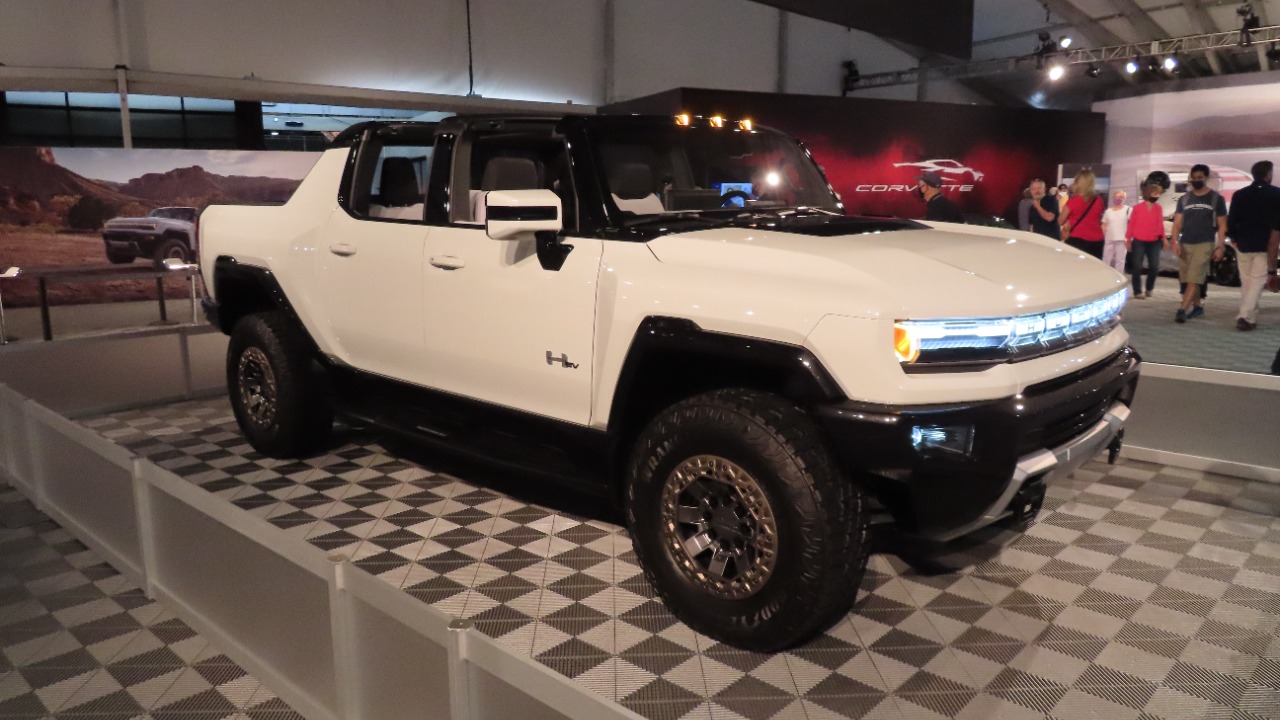
With its rugged design and electric powertrain, the Hummer EV is a powerhouse on the road. However, its sheer size and advanced technology make modifications complex. The vehicle’s massive battery system and specialized suspension require expertise and precision to alter.
The Hummer EV’s robust construction is tailored for specific performance metrics, rendering typical customization methods ineffective. Enthusiasts often find that the vehicle’s design leaves little room for personalization without compromising on its intended capabilities.
Toyota Tacoma Hybrid

The Toyota Tacoma Hybrid combines reliability with hybrid technology, creating a truck that is both efficient and durable. However, its hybrid systems present challenges for those looking to modify its performance. The integration of electric components with traditional truck elements complicates alterations.
Modifying the Tacoma Hybrid requires a deep understanding of both mechanical and electrical systems, often deterring casual enthusiasts. The vehicle’s design prioritizes efficiency, leaving limited scope for aftermarket enhancements.
Nissan Frontier Pro-4X
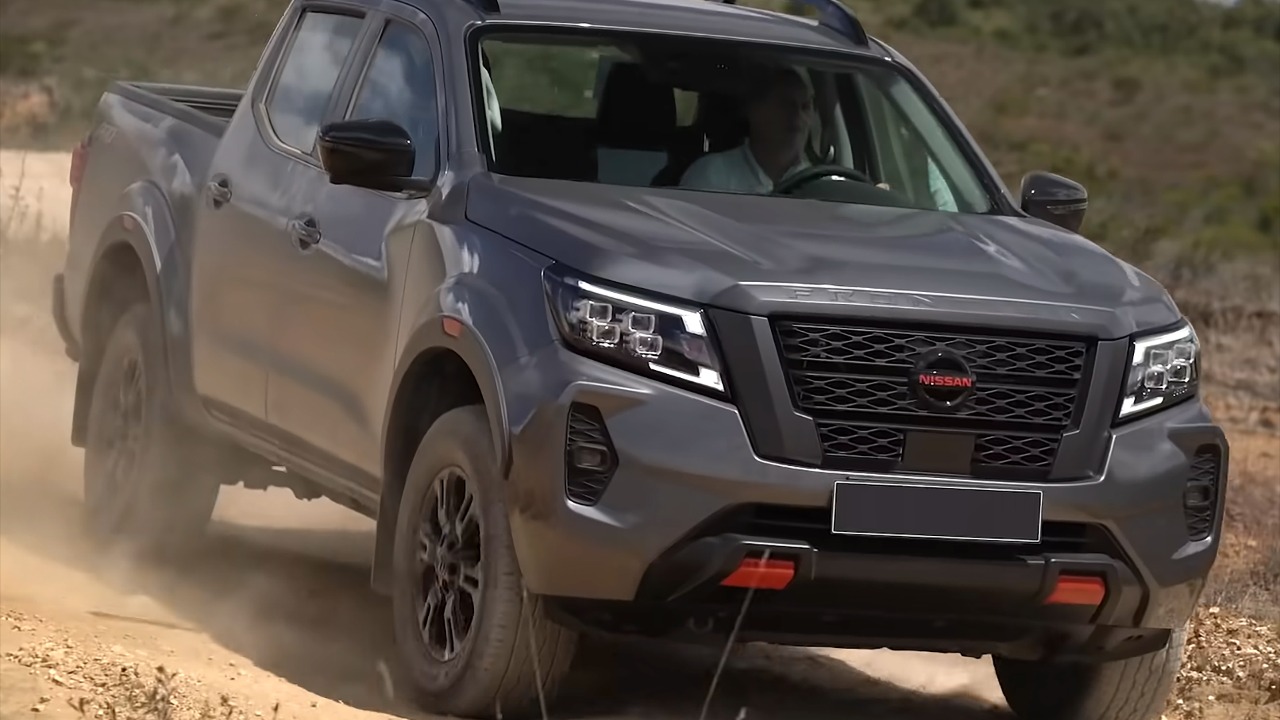
The Nissan Frontier Pro-4X is built for adventure, but its rugged design and specialized components limit modification options. The vehicle’s off-road capabilities are fine-tuned, and altering these can affect performance and safety.
While exterior modifications are possible, the internal configurations are more challenging to navigate. The Frontier Pro-4X’s emphasis on durability and resilience means that significant modifications can compromise its core strengths.
Chevrolet Silverado EV

The Chevrolet Silverado EV offers impressive range and power, but its electric architecture poses a challenge for modifications. The integration of advanced battery systems and software makes altering the truck a daunting task.
Enthusiasts often find themselves limited by the vehicle’s proprietary technology, which is designed to optimize performance. The Silverado EV’s design focuses on efficiency and innovation, making traditional customization methods difficult to implement.
GMC Sierra Denali Electric
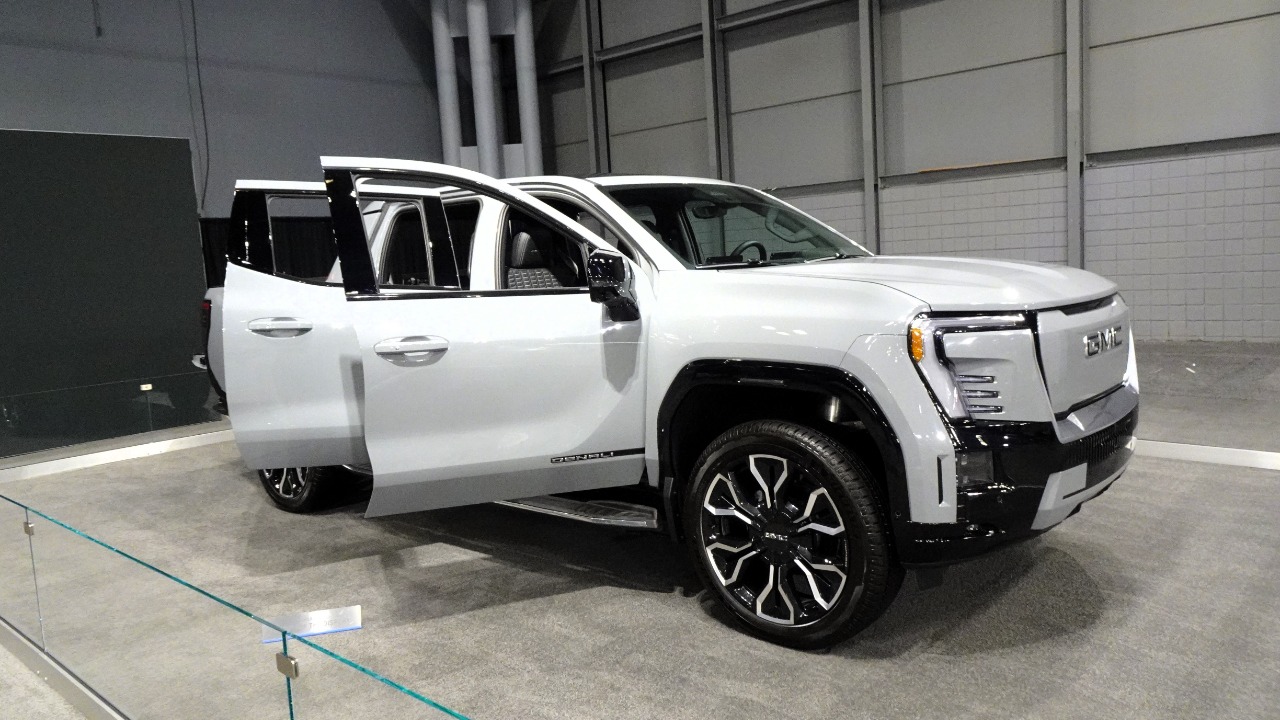
The GMC Sierra Denali Electric blends luxury with electric efficiency, but its sophisticated systems leave little room for modification. The truck’s cutting-edge technology is tightly integrated, presenting challenges for those seeking personalization.
Any attempt to modify the Sierra Denali Electric requires a thorough understanding of its complex systems. Its design prioritizes a seamless driving experience, often discouraging aftermarket enhancements due to potential risks.